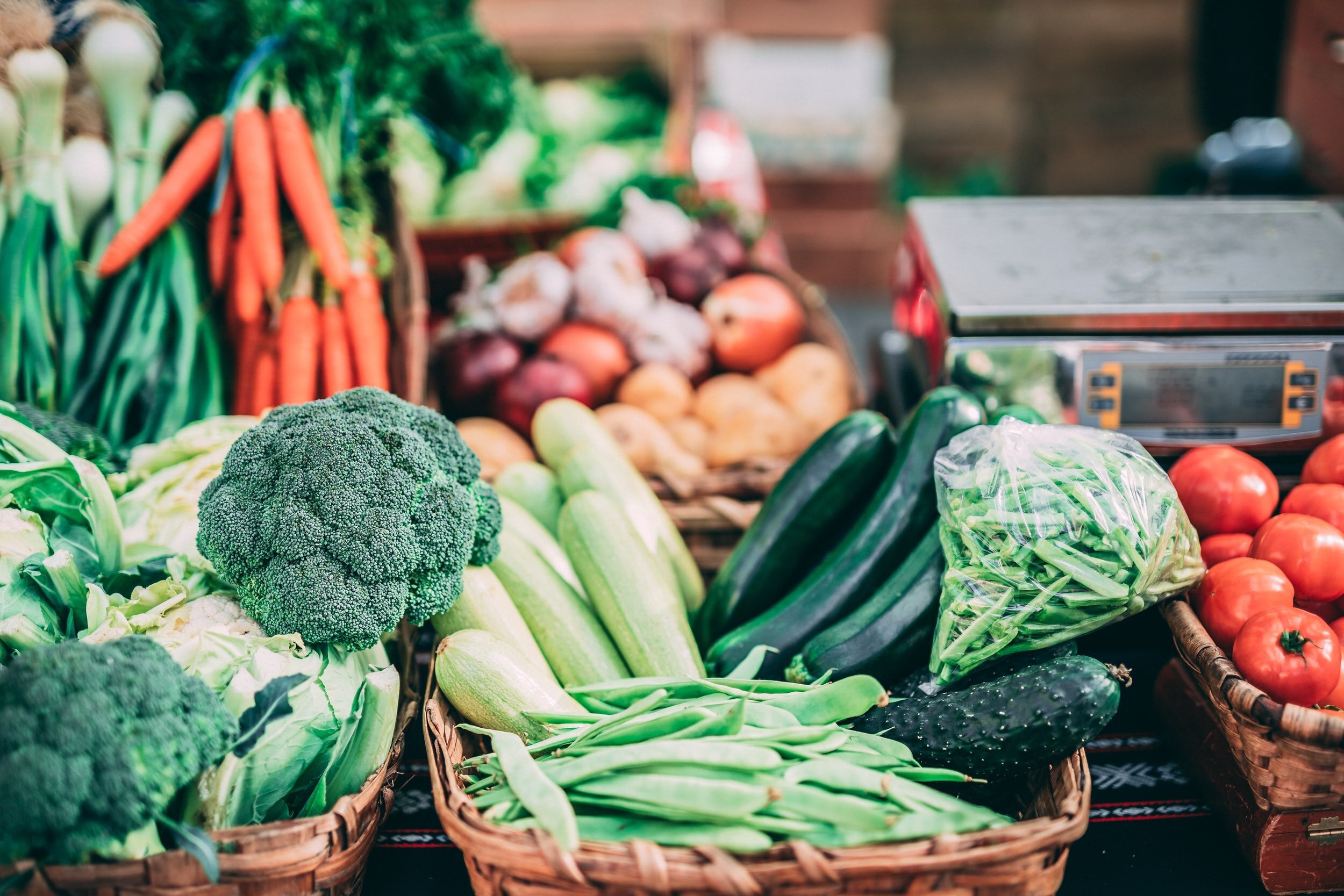The Importance of Beach Cleanups
Cleanups remove hazards from our shorelines, raise awareness, connect communities, and so much more
Members of the A Greener Future team at a beach cleanup at Presqu’ile Provincial Park
At A Greener Future, we advocate for environmental preservation, and an integral part of how our organization achieves this is through our community litter cleanup programs: Love Your Lakes and The Butt Blitz. We have hundreds of incredible volunteers who collect waste along the waterfront of Lake Ontario, spanning from Kingston all the way to Niagara.
Litter cleanups are certainly not an effective long-term solution to pollution on our beaches and in our bodies of water. We need to focus on the root causes of litter so that we can prevent it from entering our waterways in the first place. It is imperative that we collectively call for the government to enact laws that hold plastics producers accountable. Plastic pollution needs to be turned off at the tap, with the onus not on the end consumer. We know that we cannot recycle our way out of the pollution crisis. We need to transition to more sustainable and earth-friendly materials, eradicate throw-away culture, and shift to a circular economy. However, litter clean-ups are an important part of the solution.
Volunteers Mike and Linden Byrne doing a beach cleanup. Photo by Rochelle Byrne, A Greener Future Founder & Executive Director.
Education
Education is a critical component of A Greener Future’s litter cleanups. By bringing awareness to topics such as the enormity of the plastic pollution crisis and the devastating effects of cigarette waste, we are able to effect change. Cleanups are the first step in helping individuals to notice the problem.
As our volunteers walk along the shores with their litter pickers and bags, this often motivates by-standing beach-goers to think about their own actions when visiting the beach. It also opens the door for conversations around pollution.
Many people are not aware that Lake Ontario is the most polluted of all the Great Lakes. In our fast-paced world, it is easy for people to not stop and consider how our excessive waste impacts Lake Ontario’s pollution levels. Often, people are motivated to help when they hear about our cleanups, and they are grateful to see us doing our part.
Once people are aware of the issues at hand, they can start assessing the products they purchase, the companies they support, how they dispose of waste, and how they can become better advocates for change.
We find tons of different items in each litter clean up. Photo by Mary Beth McLaughlin, Volunteer.
Data Collection
The data gathered during each beach cleanup is valuable - we document the type of waste (coffee lids, plastic bags, nurdles, styrofoam, textiles, construction items, etc.) and count every piece we pick up. By tracking this information, we are able to identify companies that are the main perpetrators, discern trends in waste (e.g. PPE), and quantify the detrimental effects of single-use plastic on our environment.
Our data collection allows us to communicate to fellow citizens, the press, and the government about how serious the issue is, and as a result, advocate for change.
Different kinds of PPE, such as disposable masks, have increased by 350% since this time last year. Photo by Rochelle Byrne, Founder/Executive Director.
Biodiversity
Beaches are not only a place of endless summer fun but also an important area of biodiversity, providing a home for so many awe-inspiring creatures. Birds, fish, and other aquatic life are seriously affected by the litter that contaminates the waters.
As plastics degrade, they break down into microplastics, which creatures mistake for food. Plastics are very harmful to consume and can cause sickness, death, and, ultimately, disrupt the aquatic life cycle.
Furthermore, the pollution problem here in Canada does not remain isolated. The Great Lakes are connected to the Atlantic Ocean through the St. Lawrence River. Litter makes its way from the lakes, and along the river, and becomes a global issue affecting even more wildlife.
Swan in a nest containing plastic debris in Mississauga, Ontario. Photo by Rochelle Byrne.
Human Health and Safety
Beaches are an excellent place for relaxation, spiritual connection, physical activity, and creating beautiful memories with our family and friends. Just as we want to protect all the birds and fish, we also want to feel safe lying in the sand and going for a swim.
Sharp and jagged items and toxins leaching from plastics and other materials can cause the beach to become a danger zone for humans. By implementing our litter cleanups, we can help to make beaches substantially safer for all.
Not only do marine creatures suffer from litter that makes its way into our water systems, but humans are adversely affected as well. When plastic breaks down into microplastics in our water supply, we then ingest it. Scientists have discovered microplastics in our bloodstream, major organs, and most recently, in the placenta.
Additionally, for those who choose to incorporate meat into their diet, microplastics have been found in fish and other seafood. This is another channel for these plastics to potentially enter our bodies and cause serious harm to our endocrine system and overall health. When we participate in litter cleanups, we remove plastics before they enter the food chain.
A Greener Future volunteer, Natalia Jureczek after a cleanup on the Lake Ontario shoreline.
Community
One of the most fulfilling aspects of engaging in beach cleanups is knowing that you are volunteering alongside like-minded citizens who share the same passion. It is motivating to work together to create large-scale change with small individual effort. The effort of tackling environmental issues can be draining and disheartening at times, but partaking in these cleanups can provide hope, determination and invigoration to keep moving forward.
“Never doubt that a small group of thoughtful, committed citizens can change the world. Indeed, it is the only thing that ever has.”
Our litter cleanups with A Greener Future help us to be good stewards of the Earth, to beautify the communities in which we live, and to deeply honour and respect all that nature provides to us.






















Blog Assistant